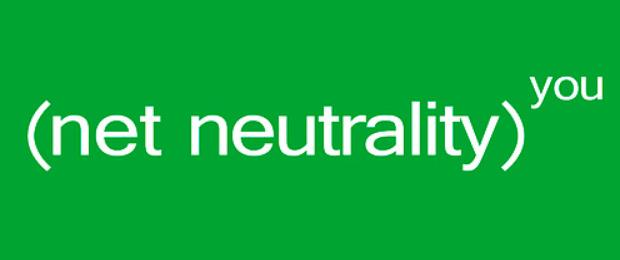Ars Technica reported that AT&T plans to charge companies for the right to send video and other media to AT&T Wireless customers without chewing up consumers’ monthly data limits.
AT&T effectively raised its middle finger at net neutrality.
As long-time tax reporter David Cay Johnston notes, US communication companies are nothing more than cartels that raise prices on Americans, yet provide inferior service compared to many other nations. In 2012:
On average, for instance, a triple-play package that bundles Internet, telephone and television sells for $160 a month with taxes. In France the equivalent costs just $38. For that low price the French also get long distance to 70 foreign countries, not merely one; worldwide television, not just domestic; and an Internet that’s 20 times faster uploading data and 10 times faster downloading it.
AT&T is simply extracting more money from other companies to fatten its profits. As Susan Crawford, author of Captive Audience: The Telecom Industry & Monopoly Power in the New Gilded Age, notes those profits go more toward buttering up investors than expanding the capacity of their networks:
Between 2002 and 2012, AT&T’s dividend increased by 64%, while Verizon’s expanded by 47%. And for the past two years, both telcos have been paying out substantially more dividends per share than they’ve earned in profits. In 2012, AT&T’s shareholder returns-to-capital investment ratio actually exceeded 100%. This means that the nation’s largest telco returned 17% more cash to shareholders than it invested in both its wired and wireless networks combined.
Verizon has expressed its support for this idea and other mobile phone carriers are likely to follow.
Large companies such as Google or Microsoft will be able to pay these usage fees, but many small companies won’t. This change will make it harder for innovative companies to start and grow. We expect less competition and a poorer economy.
Making net neutrality the law of the land would ensure that everyone has equal access to our communications infrastructure, improve competition and prevent such abuses.
Without net neutrality, for many companies, sadly, AT&T’s new plan will be an offer they cannot refuse. We will all suffer from higher prices and the reduction in innovation that will result.


Ars Technica reported that AT&T plans to charge companies for the right to send video and other media to AT&T Wireless customers without chewing up consumers’ monthly data limits.
AT&T effectively raised its middle finger at net neutrality.
As long-time tax reporter David Cay Johnston notes, US communication companies are nothing more than cartels that raise prices on Americans, yet provide inferior service compared to many other nations. In 2012:
AT&T is simply extracting more money from other companies to fatten its profits. As Susan Crawford, author of Captive Audience: The Telecom Industry & Monopoly Power in the New Gilded Age, notes those profits go more toward buttering up investors than expanding the capacity of their networks:
Verizon has expressed its support for this idea and other mobile phone carriers are likely to follow.
Large companies such as Google or Microsoft will be able to pay these usage fees, but many small companies won’t. This change will make it harder for innovative companies to start and grow. We expect less competition and a poorer economy.
Making net neutrality the law of the land would ensure that everyone has equal access to our communications infrastructure, improve competition and prevent such abuses.
Without net neutrality, for many companies, sadly, AT&T’s new plan will be an offer they cannot refuse. We will all suffer from higher prices and the reduction in innovation that will result.